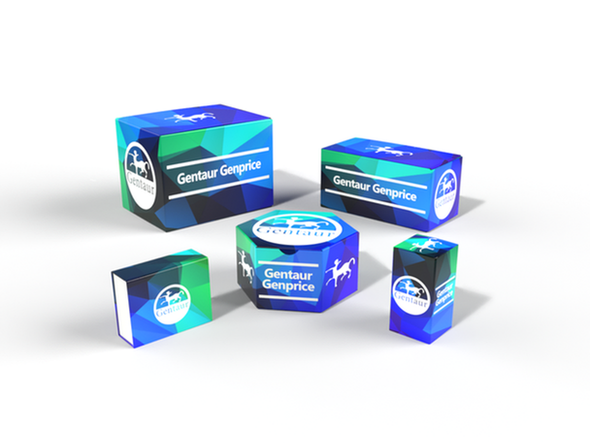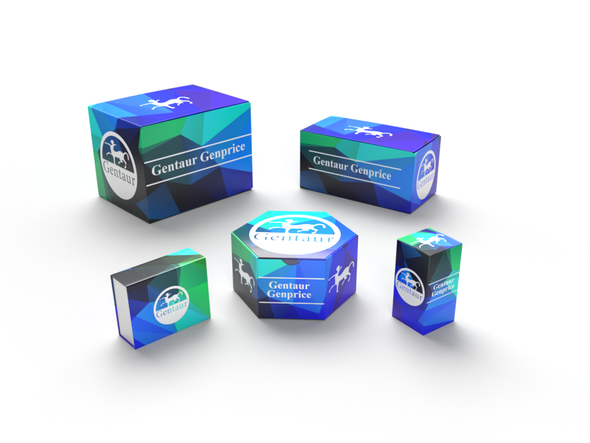BW
CADM3 polyclonal Antibody | BS61572
- SKU:
- BW-BS61572
- Availability:
- Usually ships in 5 working days
Description
CADM3 polyclonal Antibody | BS61572 | Gentaur UK, US & Europe Distribution
Host: Rabbit
Reactivity: Human,Mouse,Rat
Application: WB
Application Range: WB: 1:500~1:1000
Background: Immunoglobulin superfamily member 4B (Cell adhesion molecule 3, Nectinlike protein 1) is a nectin family gene product that contains 2 Ig-like C2-type (immunoglobulin-like) domains and an Ig-like V-type (immunoglobulin-like) domain. IGSF4B is a single-pass type I membrane protein that localizes to cellcell interacting sites along the plasma membrane. IGSF4B functions as a cell adhesion molecule at cell-cell junctions. IGSF4B can be found as a homodimer and has a dual calcium-independent adhesion function; a homophilic cell-cell interaction and a heterophilic cell-cell interaction involving IGSF4, Nectin 1 and Nectin 3. IGSF4B may also interact with EPB41L1 which has a potential for regulating structure or function of cell-cell junctions by similarity. Isoform 1 is expressed in adult and fetal brain. Isoform 2 is highly expressed in the cerebellum but is also weakly expressed in placenta. IGSF4B has been found to be markedly over-expressed in glioma cell lines and prostate cancer cell lines.
Storage & Stability: Store at 4°C short term. Aliquot and store at -20°C long term. Avoid freeze-thaw cycles.
Specificity: CADM3 polyclonal Antibody detects endogenous levels of CADM3 protein.
Molecular Weight: ~ 50 kDa
Note: For research use only, not for use in diagnostic procedure.
Alternative Names: Cell adhesion molecule 3; Brain immunoglobulin receptor; Immunoglobulin superfamily member 4B; IgSF4B; Nectin-like protein 1; NECL-1; Synaptic cell adhesion molecule 3; SynCAM3; TSLC1-like protein 1; TSLL1
Immunogen: Synthetic peptide, corresponding to amino acids 144-188 of Human CADM3
Conjugate: Unconjugated
Modification: Unmodification
Purification & Purity: The Antibody was affinity-purified from rabbit antiserum by affinity-chromatography using epitope-specific immunogen and the purity is > 95% (by SDS-PAGE)
Pathway:






